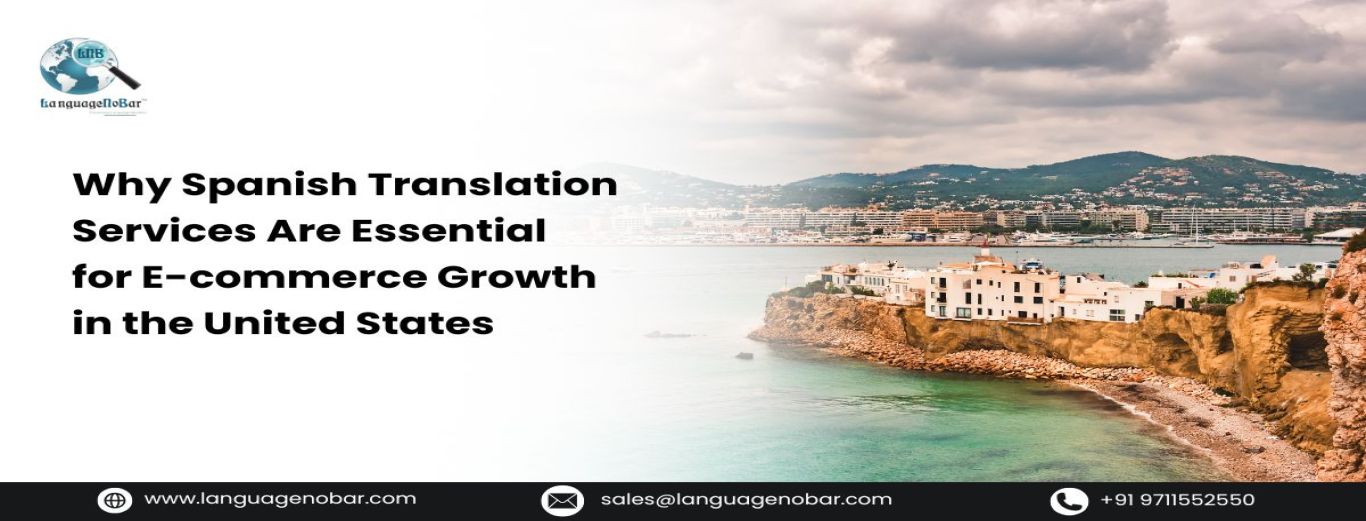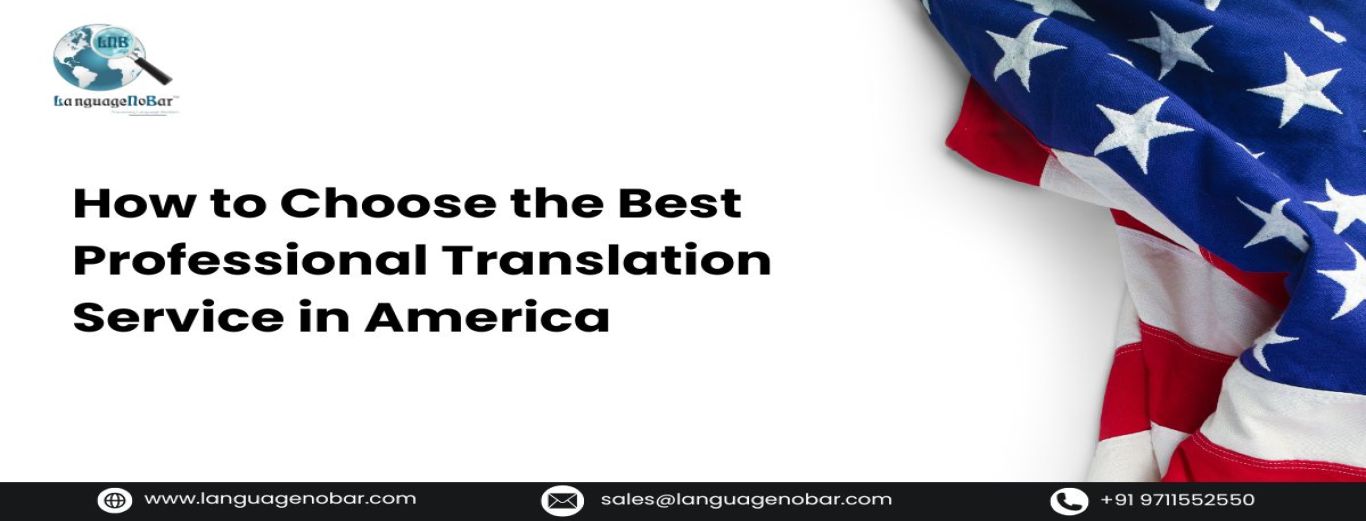What is a Transnational Strategy and How Can It Drive Global Expansion?
- Blog
- Comments (0)
What is a Transnational Strategy and How Can It Drive Global Expansion?
While a company is scaling beyond its home borders, there is a keen focus on attaining economic efficiency while being locally responsive. At the same time, multiple strategies are adopted by companies like multi-domestic, international, and globalization strategies, transnational benefits global integration to how the target market responds to our product/service. A mix of both is ideal to attain sustainable growth and ensure long-term benefits in the target market, by helping you attain and maintain competitiveness.
What are the key features of Transnational strategy?
A transnational strategy is a framework that helps businesses expand and operate in multiple geographies. When companies use a global strategy the products are standardized but with low local responsiveness. Companies like Harley-Davidson rely on a standard product rather than adapting frequently to local needs. Another alternative, the multidomestic strategy has high local responsiveness but maintaining uniform product quality and maintaining cost efficiency can be a challenge. Many quick-service restaurant chains adopt this strategy through local franchisees. Here the control is limited but local responsiveness can be quite high, a case in point would be the Big Mac in the US and Maharaja burgers in India for McDonald's.
Transnational is a fine mix of both providing you with high local responsiveness without compromising on standardization. This is a condition when your product is so flexible and reliable regardless of the country of origin. IBM has successfully developed systems to branch out its R&D and cater to different markets with culturally relevant, innovative, and market-ready products.
Transnational strategy focuses on a global scale while ensuring you do not fall off the track in efficiency. A product also needs to adapt to the unique needs of each market. Such needs may not be an overhaul of the product but more of a nuanced version, fitting to the local palette. Localizing content to suit cultural sensitivity or simple changes like using the metric system for an East Asian audience would suffice. When you are building or partnering with a new subsidiary, transnational strategy helps in knowledge-sharing and collaboration. Companies like Unilever use internal connections to share information and knowledge among the subsidiaries in multiple locations.
Expanding Globally with Transnational Strategy
Operational Optimization Beyond Borders
Expanding operations to lands unknown can be challenging. Transnational strategy advices you to focus on your core strength while making changes to the peripheral needs of the market. If you are a ticket-booking app, your core strength would be an agile algorithm that is fast and nimble. But to cater to what the audience wants to watch, get entertained, or book tickets for, you can use localization services that will tell you the pulse of the target region. Using professional translation services to adapt existing UI/UX to the regional language will bring in more traffic while you focus on operational efficiency.
Enhanced customer interaction
Getting a user to buy your product/service is vital but their journey to getting till there is equally important as well. Using certified translation services to reach out in a culturally sensitive manner will enhance customer trust. Adhering to international standards in communication will help you maintain the brand image.
Working with overseas talent
Very few products succeed globally without on-ground staff providing real-time insights. A native translation service is useful for connecting with talent and using their knowledge to make systems more adaptable. With localized content for internal communication, everyone feels more included. Fostering diversity is not just a buzzword when scaling globally - it needs to be achieved by breaking down linguistic barriers.
Navigating Legal and Regulatory Machinery
Expanding to a new geography inevitably leads to dealing with their regulations juggernaut. The transnational approach upholds global best practices by following authoritative rules and regulations. Sensitive documents like patents, rights, financial documents, customer data, and compliance papers need to adapt to the target country’s requirements. Having a trusted document translation service partner to handhold you will reduce the load on your legal team.
Setting up a Transnational Strategy for Success
Before venturing into new horizons, ensure your core operations are strengthened with sufficient standardization, automation, analysis, and implementation. Conduct a detailed study on the market, user behavior, government rules, and regulations, and business forecast of the target country. Use translation service providers to identify which are the prominent languages and what is the volume of business that will be affected by localization.
Finding a localizing partner can be tricky but look for services that have native speakers with expertise in your sector. While your specific niche may be a tough find, look for services used by potential competitors in the market. While we are not telling you to find services that will outperform existing ones, it is always better to gauge the status quo.
Finding cross-border business partners is a big win. Rather than venturing into the unknown alone, use the knowledge and contact pool of the partner to expand. Finally, use continuous monitoring to assess the effectiveness of the strategy.
What are possible challenges in Transnational strategy?
Customization at the cost of efficiency can drain your bank quicker than you thought. The focus should be on providing the best solution while localizing it for customer sensitivity. At times, the ambition to scale is so high that the local factor is missed out on. After the merger of Kraft and Heinz, they tried to scale to different markets but failed to adapt to regional tastes. Work with legal translation services to understand regulatory requirements in-depth to avoid any legal hassles.
Piloting the product and communication before going full-scale will help you understand if the localization has hit the mark or not. Trust data and reviews and incorporate feedback while scaling across regions.
LanguageNoBar provides you with translation services in India and across the globe to help you land on both feet when you expand to a new territory. We take care of your linguistic requirements so you can focus on what you do best.






